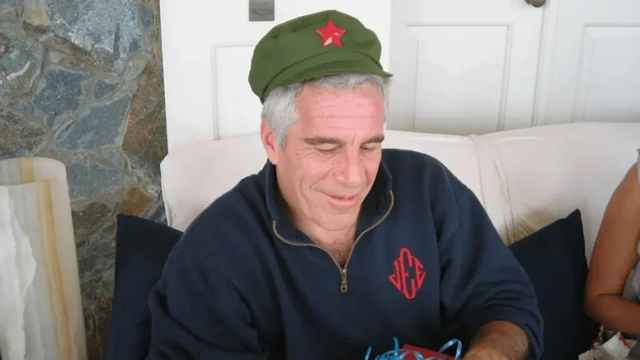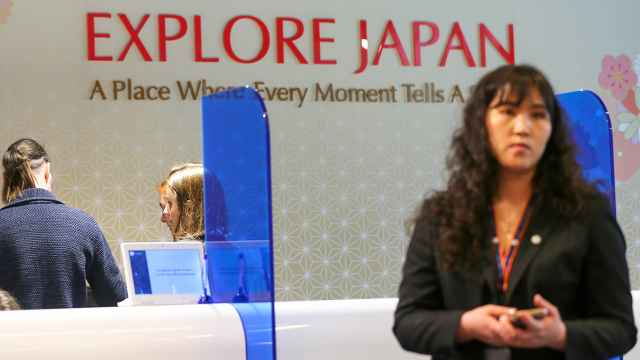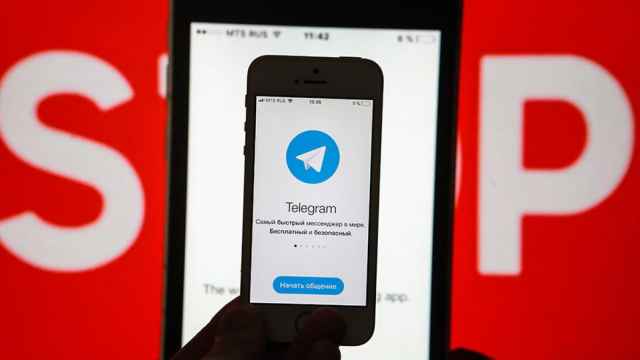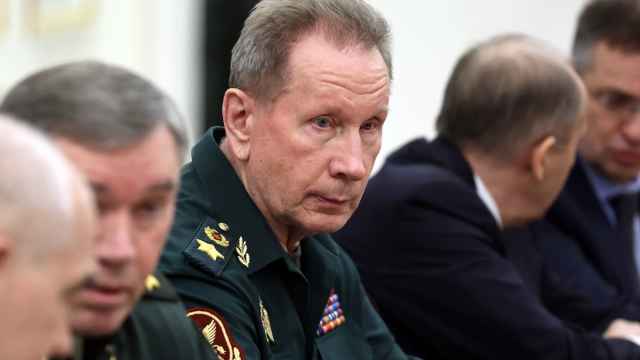U.S. Ambassador John Beyrle said Monday that the New START nuclear arms reduction treaty was important but the real highlight of a "reset" in U.S.-Russian ties would come next week with the signing of agreements on liberalized visa rules and child adoptions.
The two countries' top diplomats, Hillary Clinton and Sergei Lavrov, are to sign a deal granting three-year multiple-entry visas and eliminating the need to secure visa invitations during July 12-14 talks in Washington.
They will also sign a long-awaited accord aimed at restarting child adoptions, which stalled in April 2010 when a U.S. mother sent her 7-year-old adopted son back to Russia unaccompanied on a plane.
Beyrle, speaking at a U.S. Independence Day celebration attended by about 2,000 guests at his Spaso House residence, said the agreements illustrate that the United States' relationship with Russia has changed dramatically since he arrived in Moscow on July 3, 2008 — just in time to address a similar July 4 gathering at Spaso House.
"We can talk about a lot that we have got done together over the last three years, especially this past year, over the past 12 months," Beyrle said, making his remarks first in Russian and then in English.
Among the achievements, he mentioned New START, which entered force in February and is seen by President Barack Obama as a hallmark of his foreign policy, and Russia's pending accession into the World Trade Organization, which Beyrle said would happen this year.
"But for me, the best is really still yet to come next week when I go to Washington for the signing by Secretary of State Clinton and Minister of Foreign Affairs Lavrov of the agreements on adoptions and a more liberal visa regime for our two countries," Beyrle said.
Beyrle broke the news about the visa agreement last month at the St. Petersburg International Economic Forum, saying the three-year visas would be granted to business travelers and tourists "as a general rule" and promising that three years was "just the first step."
The Russian government, which has pushed for liberalized visa rules with the European Union for months, won a similar visa agreement with France on Friday. Visiting French Foreign Minister Alain Juppe announced after talks with Lavrov that both sides would introduce five-year multiple-entry visas by the end of the year. The visas are a coup for the government because they will allow Russians to visit any of the 25 European countries in the Schengen zone.
On child adoptions, the Russian government has long sought the agreement after witnessing a series of deaths of Russian children at the hands of their U.S. parents over the past decade. The final straw was the U.S. mother's decision to send her young son back to Russia last year with a note saying he was psychologically unstable.
Among other things, the child adoption agreement will require adoptive parents to be more closely monitored for signs of potential abuse and neglect in their homes.
Alexander Zakharov, a senior Foreign Ministry official who helped draft the agreement, told reporters last week that the document was the product of seven rounds of talks and that the final round had reconciled linguistic differences between the Russian and English versions, Interfax reported.
Beyrle, meanwhile, made no mention Monday of when he might leave Moscow, but his remarks sounded at times like a farewell speech. U.S. media reports said in late May that Beyrle, appointed by George W. Bush near the end of his presidency, would be replaced by Michael McFaul, Obama's top adviser on Russia and the architect of the U.S.-Russian reset.
"The main thing that I have learned in the three years that I have been here is that as important as the relationship is between the governments, the relationship between the people is more important," Beyrle said. "And I'm going to work for that until the very last day that I am ambassador here in Moscow — whenever that day comes."
A Message from The Moscow Times:
Dear readers,
We are facing unprecedented challenges. Russia's Prosecutor General's Office has designated The Moscow Times as an "undesirable" organization, criminalizing our work and putting our staff at risk of prosecution. This follows our earlier unjust labeling as a "foreign agent."
These actions are direct attempts to silence independent journalism in Russia. The authorities claim our work "discredits the decisions of the Russian leadership." We see things differently: we strive to provide accurate, unbiased reporting on Russia.
We, the journalists of The Moscow Times, refuse to be silenced. But to continue our work, we need your help.
Your support, no matter how small, makes a world of difference. If you can, please support us monthly starting from just $2. It's quick to set up, and every contribution makes a significant impact.
By supporting The Moscow Times, you're defending open, independent journalism in the face of repression. Thank you for standing with us.
Remind me later.





